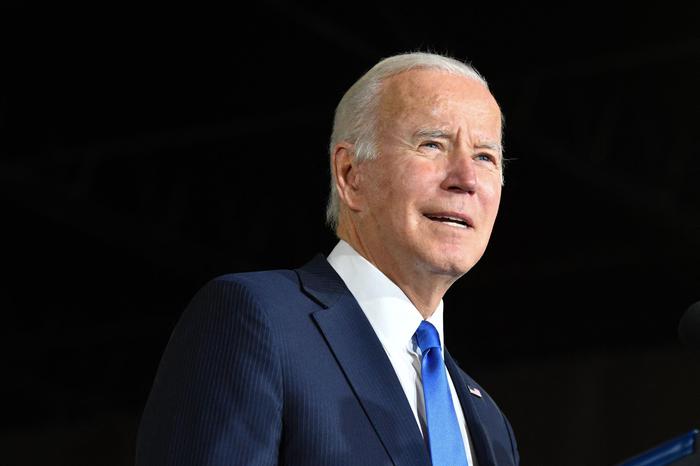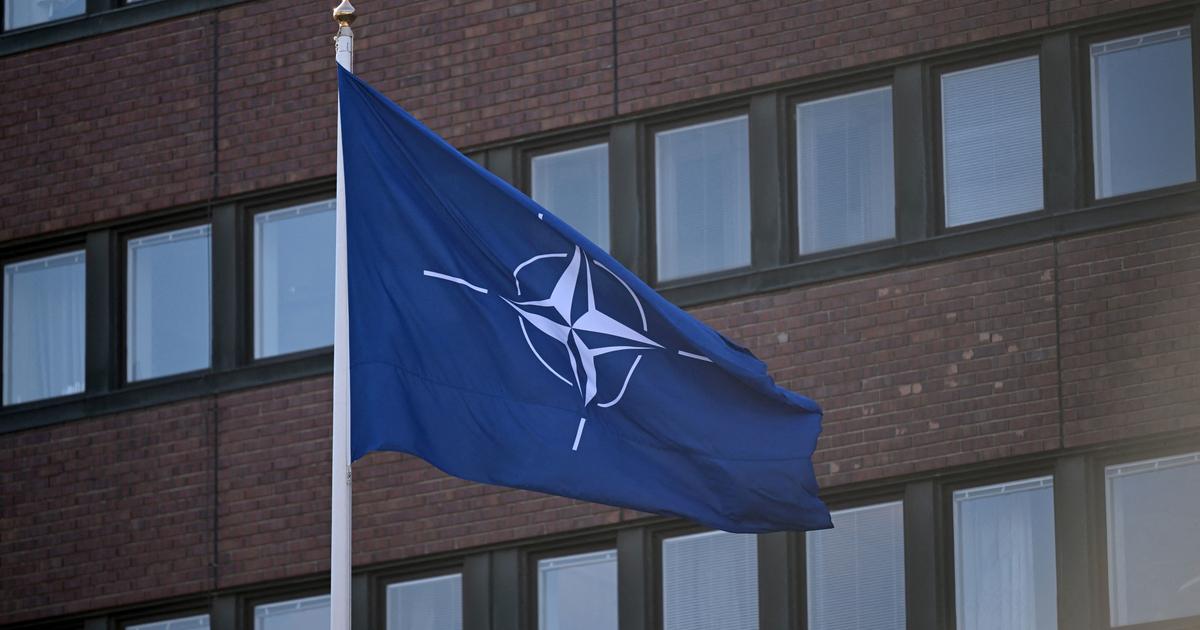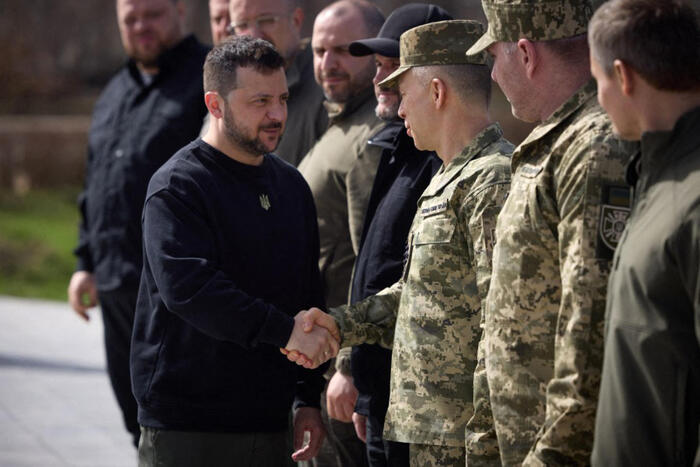US President Joe Biden will consult on Thursday 9 December with the Eastern European countries allies of NATO, in the light of the crisis between Russia and Ukraine and the conversation he had with the Kremlin leader Vladimir Putin.
This was announced by the White House.
Joe Biden returns to threaten "never seen sanctions" against Moscow if Ukraine were to be attacked
, but the day after the virtual summit with Vladimir Putin opens up to possible "high-level meetings" between the United States, Russia and at least four allies of NATO. More than likely that among the latter there is also Italy together with France, Germany and the United Kingdom.
Countries whose leaders had been consulted by the American president on the eve of the interview with the Kremlin tenant.
"We hope by Friday that we will be able to announce these meetings to discuss Moscow's concerns regarding the enlargement of the Atlantic Alliance," Biden said speaking to reporters at the White House, reiterating as the high road to resolving the border crisis. Ukraine and that of diplomacy and in any case excluding the use of a military response in the event of Russian aggression: "It is not an option", assured the American president, adding that possible high-level meetings could also serve to verify " whether or not it is possible to find an agreement, when the temperature on the eastern front of Europe has dropped ".
A few hours earlier Putin, while reaffirming Russia's right to defend itself ("it would be criminal to passively observe the developments of Kiev's possible accession to NATO"), had spoken of Biden's commitment to discuss Moscow's red lines and how the The Kremlin is ready to present its proposals to ensure security in Europe "within days or weeks".
In the meantime, from Paris to Berlin, the European allies are forming compactly alongside Washington. "If the sovereignty of Ukraine is not respected there will be very serious strategic consequences", the French foreign ministry warned. In the same vein, the new German Chancellor Olaf Scholz threatens reprisals on the source of the Nord Stream 2 gas pipeline project, the one that will double the flow of Russian gas into the heart of Europe: "Ukraine's borders are inviolable", said Scholz , in fact in his first foreign policy outing.
All this a few hours after the summit for democracy strongly desired by Biden and which in the intentions of the White House is an opportunity to strengthen the front called to counter the pressure of increasingly authoritarian regimes. And to affirm that the challenges of the 21st century are not resolved with the formula of the strong man in charge. But the event risks digging an even deeper groove with Russia and China, not invited to the appointment. This is at a time when not only the crisis on the border with Ukraine, but also the fate of Taiwan, feed a Cold War climate and even the specter of possible armed conflicts.
The climate on the eve of the summit was also characterized by the controversy over the criteria with which the White House extended the invitations.
Because if in addition to Russia and China other countries such as Erdogan's Turkey and Orban's Hungary have been excluded, accused of having embarked on an authoritarian drift and violating human rights, there will instead be characters such as the controversial Filipino leader Rodrigo Duterte, accused among other things of combating drug trafficking with thousands of state assassinations, of persecuting journalists and opponents and of promoting the culture of misogyny.
"The White House just wants to divide the world between good and bad," Moscow commented days ago.




/cloudfront-eu-central-1.images.arcpublishing.com/prisa/OC4RAI2PR5K3VGFEF5Z2ROUBTQ.jpg)



/cloudfront-eu-central-1.images.arcpublishing.com/prisa/XZZFH2RVEULWV7S2UF6FPBAXHM.jpg)
